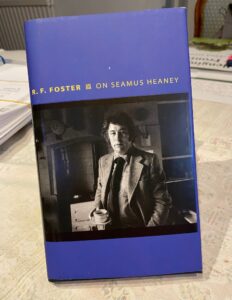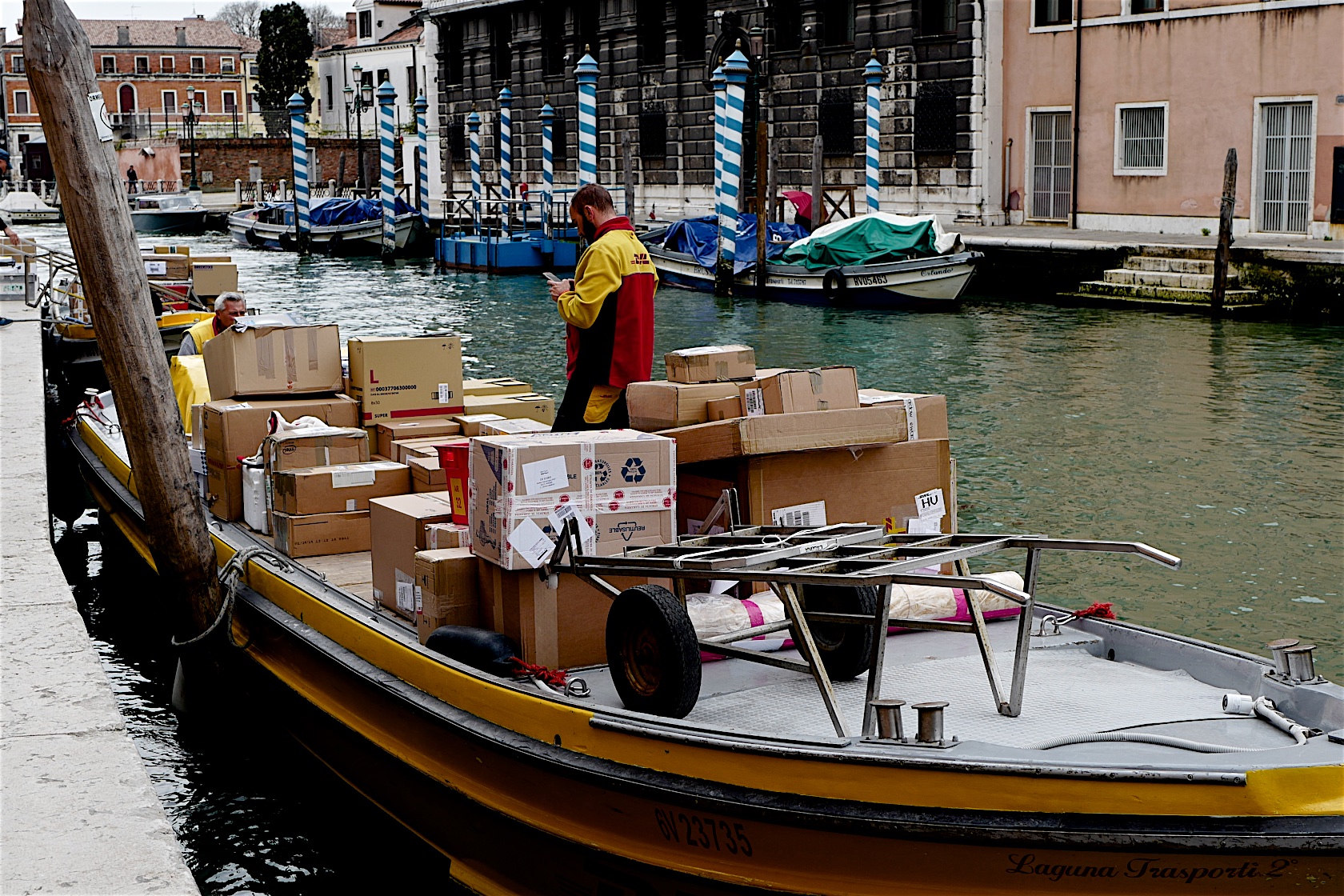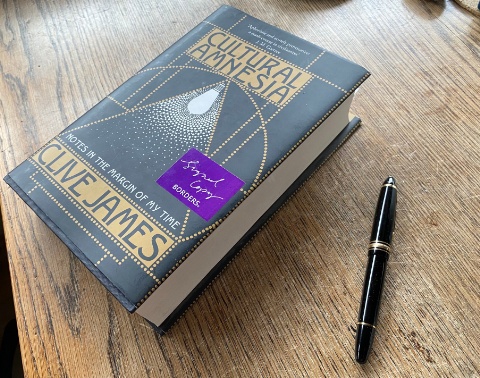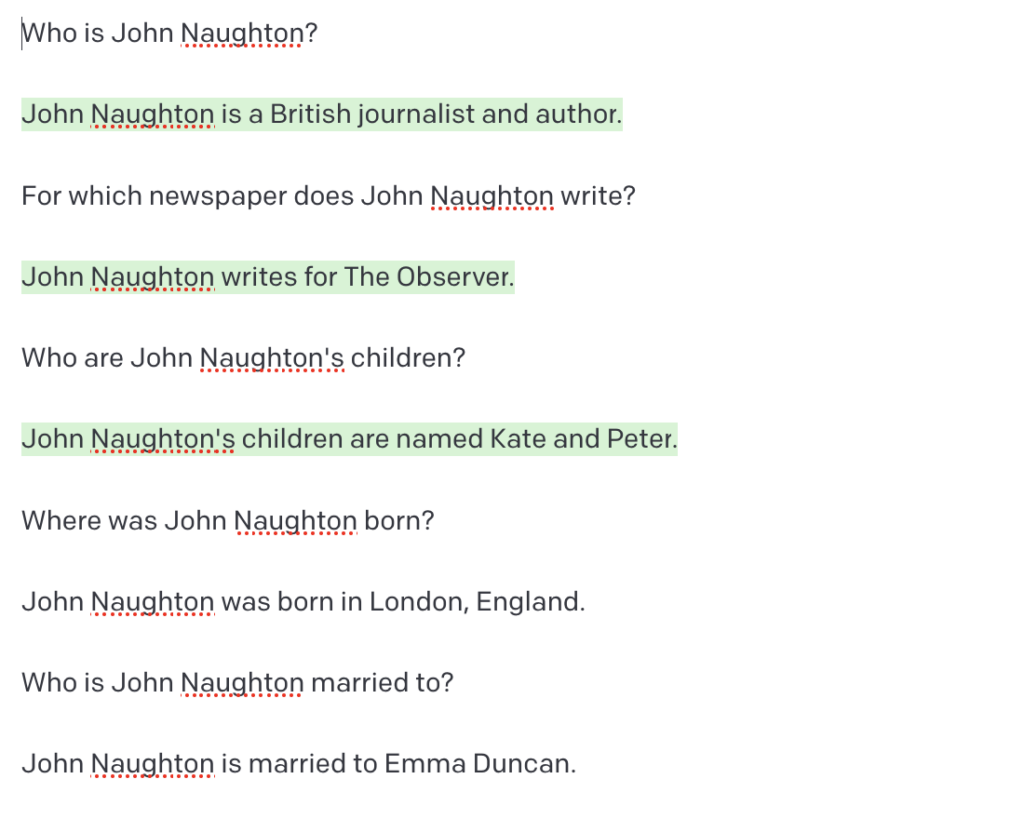The view from our window
We’re in the Lake District for a break. That’s Windermere in the distance.
More on that state funeral…
Perceptive and illuminating summing-up on the invaluable Tortoise Media morning newsletter (You have to become a member to receive it. IMO it’s well worth it.)
Planning.It was good and it paid off. The Duke of Norfolk spent 20 years on it. By the end 280 broadcasters, senior military and clergy were attending his meetings, which went on for hours. Sky positioned 275 cameras in Westminster Abbey and along the processional routes. The BBC had 213 more. There were no bad angles. Nothing went wrong, and no wonder: money was no object. Much more than the £8.4 million spent on the Queen Mother’s funeral will have been spent on her daughter’s, and whatever the total it will be seen as a good investment because ceremony is part of the British brand.
PR and self-censorship. In the past fortnight’s praise of duty and service there has been scarcely a murmur about untaxed income, cash for honours, suitcases of Qatari money or the eight-figure sum paid with the late Queen’s help to settle her son’s child sex abuse case. (Also file under: Manners. De mortuis nil nisi bonum.)
Covid. Commemoration of a 70-year reign and a 96-year life was always going to prod people to reflect on their own lives, loves, losses and mortality – but especially so after 180,000 deaths in varying degrees of lockdown.
Past. Forget for a moment holy oils and Arthurian legend, which will return to royal commentary with next year’s coronation. World War Two was the foundation of the Queen’s legitimacy. She and her parents were intimately associated with the war effort, eclipsing memories of the Abdication Crisis and rumours of Nazi sympathies in high places; forging the mantra of duty that served her (and, royalists say, her country) so well; and ultimately enabling her family to claim a stature it could never have claimed anywhere else in complicated northern Europe. It helped that Britain was on the winning side.
Quote of the Day
“The nice thing about being a celebrity is that when you bore people, they think that it’s their fault.”
- Henry Kissinger
Musical alternative to the morning’s radio news
J.S. Bach | Prelude (Suite No. 1 for solo cello) | YoYo Ma
Long Read of the Day
What’s Breaking Democracy?
Terrific review essay on Project Syndicate by Bill Janeway on Gary Gerstle’s The Rise and Fall of the Neoliberal Order and Helen Thompson’s Disorder: Hard Times in the 21st Century.
This is an enlightening essay. I can say that because I’ve read both books, and Bill found things in them that I had missed. This is how he opens the subject…
My colleagues Gary Gerstle and Helen Thompson share an academic home at the University of Cambridge, and their new books share a common purpose: how to understand the dysfunctionality that has beset Western democracies. They explore that question in very different but complementary ways, offering deep insights into the disequilibrium dynamics of democratic capitalism. When read together, one sees clearly how the dissolution of Gerstle’s Neoliberal Order has stoked the disorder that Thompson analyzes.
The contrast between the two books owes much to the authors’ backgrounds. Gerstle, a historian of political ideas, ideologies, and cultures, writes from an American perspective. In The Rise and Fall of the Neoliberal Order: America and the World in the Free Market Era, he tracks how initially radical political programs become institutionalized as all-encompassing “orders” when the opposition accepts their terms. Thus, the New Deal Order was established when the Republican Eisenhower administration chose not to try to repeal the Democratic Roosevelt administration’s central institutional reforms.
…
Thompson’s perspective is Eurasian, and her account … is driven by a granular analysis of the geopolitics of energy. Once oil began to supplant coal at the start of the twentieth century, the political economy of energy became international, and securing access to oil became a high priority for most countries. Thompson focuses presciently on Germany, which chose to become existentially dependent on Soviet and then Russian oil and gas. Strikingly, her book was completed just prior to Russia’s invasion of Ukraine…
Worth your time.
My commonplace booklet
Why blog?
Advice from Robin Rendle:
Ignore the analytics and the retweets though. There will be lonely, barren years of no one looking at your work. There will be blog posts that you adore that no one reads and there’ll be blog posts you spit out in ten minutes that take the internet by storm. How do you get started though? Well, screw the research! A blog post can anything, a half-thought like this one or a grandiose essay with a million footnotes. It can look like anything, too: you can have a simple HTML-only website or you can spend a month on the typography, getting every letter-spaced part of it just right.
There are no rules to blogging except this one: always self-host your website because your URL, your own private domain, is the most valuable thing you can own. Your career will thank you for it later and no-one can take it away. But don’t wait up for success to come, it’s going to be a slog—there will be years before you see any benefit. But slowly, with enough momentum behind it, your blog will show you the world: there will be distant new friends, new enemies, whole continents might open up and welcome themselves to you.
Or maybe they won’t. But you’ll never know unless you write that half-assed thing that’s in your head right now…
I agree wholeheartedly with his rule about self-hosting. It’s why this blog is also always available on my own site — https://memex.naughtons.org — and it will still be there even if the proprietors of Substack and I fall out.
Thanks to Om Malik (Whom God Preserve) for the link.
This Blog is also available as a daily email. If you think that might suit you better, why not [subscribe]? One email a day, Monday through Friday, delivered to your inbox. It’s free, and you can always unsubscribe if you conclude your inbox is full enough already!












